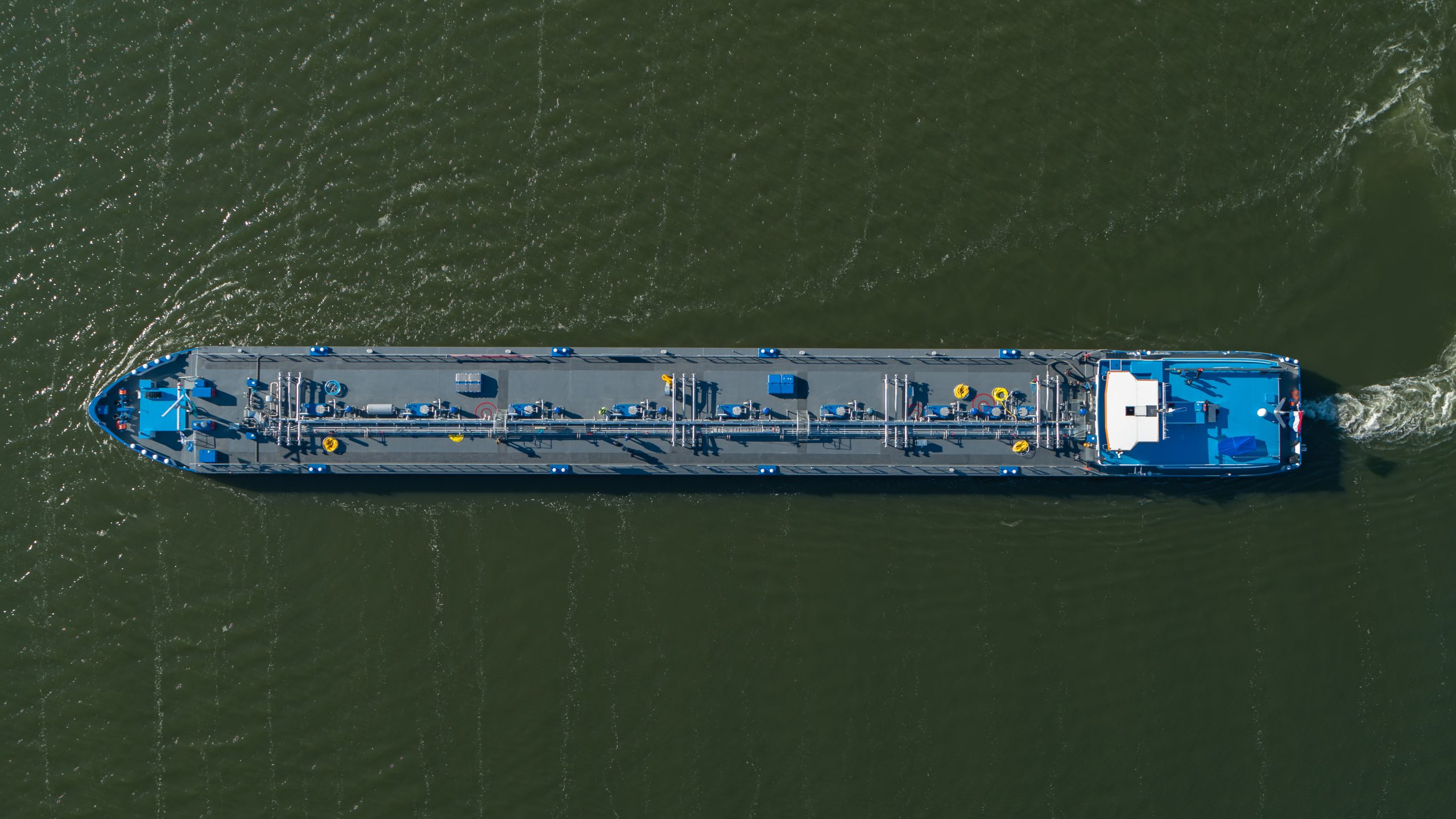FDR is advising shipowners and operators to seek immediate advice as underwriters may withdraw insurance to unlicensed ships
The European inland waterway faces a crisis that could have major consequences for shipowners, operators, and marine insurers. Vessels registered with the Dutch Flag – representing approximately 70% of the market – face losing their insurance and license to operate, writes Armand Lars.
Inland waterway vessels that are commercially operated – including passenger and cargo ships – must comply with the Dutch Inland Shipping Act, which includes proof of vessel classification in the form of a certificate to trade issued by the Dutch Inland Inspection Bureau (NBKB). Surveyors, in the form of individuals working for private companies, conduct the majority of inspections, on behalf of the NBKB.
The crisis started in December 2023, when the NBKB had its license to issue certificates revoked by the Dutch government. Even though it has now received this license, many surveyors have declared they will not work with the NBKB, citing a loss of trust. This, in turn, is forcing ship owners to look to other inspection bodies, but there are just not enough to manage the backlog.
From a marine insurance perspective, this is a significant issue. Underwriters will withdraw insurance for non-certified vessels, deeming vessels not ‘seaworthy’.
Seek insurance advice immediately
It is important to seek advice and start discussions immediately with your insurer and insurance broker to better understand the risks and put together a contingency plan. The FDR team is here to help with any questions you may have.
To prevent vessels from running out of certificates, the Dutch Human Environment and Transport Inspectorate (ILT) extended 108 certificates on a one-off basis, but those licenses started running out in May. The ILT, for its part, has stated clearly that the 6-month extension was a one-time only intervention and advises that these shipowners should now report to an inspection body.
This has significant ramifications for Dutch inland vessel owners and operators seeking marine insurance, as without this certification insurers will not insure. Running a vessel without proper insurance is akin to driving a car without insurance; the impact of an accident or casualty could be catastrophic, potentially leading to bankruptcy.
Consequences for the entire European inland waterways network
The situation has consequences for the entire European inland waterways network. Vessel-owning and cargo-owning companies could face vessels being left idle, while inland water trade could be severely disrupted, including impacting port and terminal schedules. The situation also has ramifications for financiers and investors, with vessel owners and operators facing a prolonged absence from the market and potentially defaulting, while share values for investors will also be affected.
For smaller shipowners, with one or two vessels, having an uninsured vessel will have a major impact on ship captains and crew, as well as an owner’s ability to pay mortgages on vessels. Owners and operators need to plan and look to secure surveyors for inspections now – and not wait too long.
If you have any questions please do not hesitate to get in touch with us.




